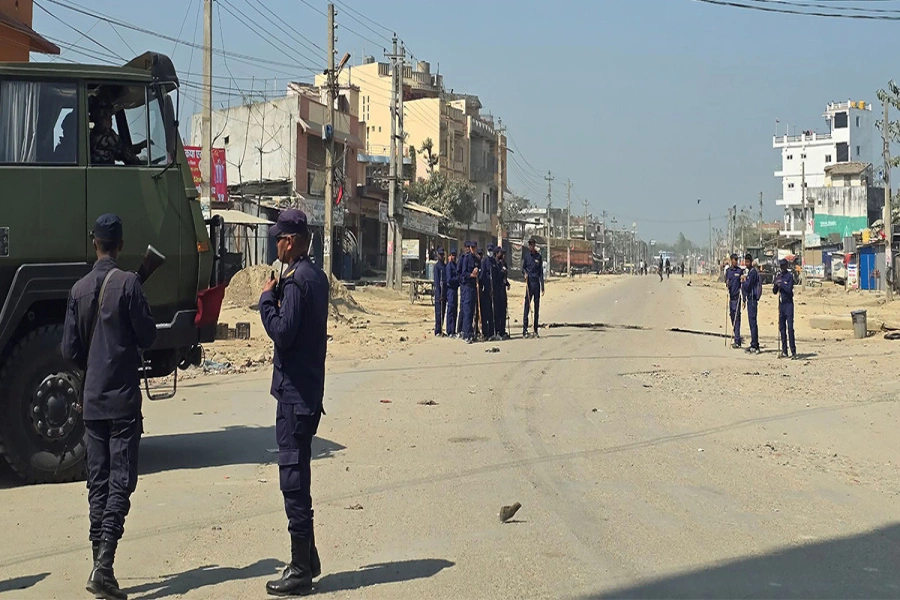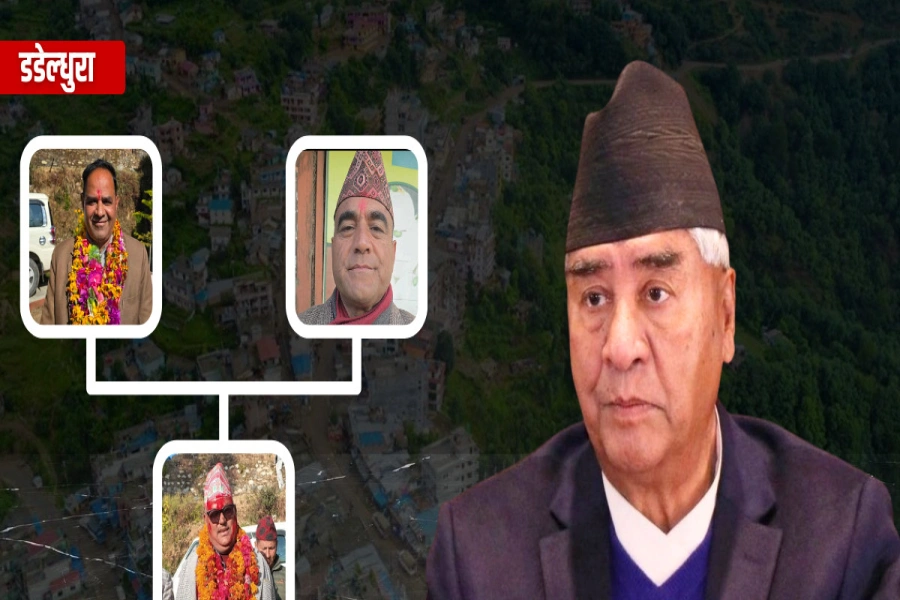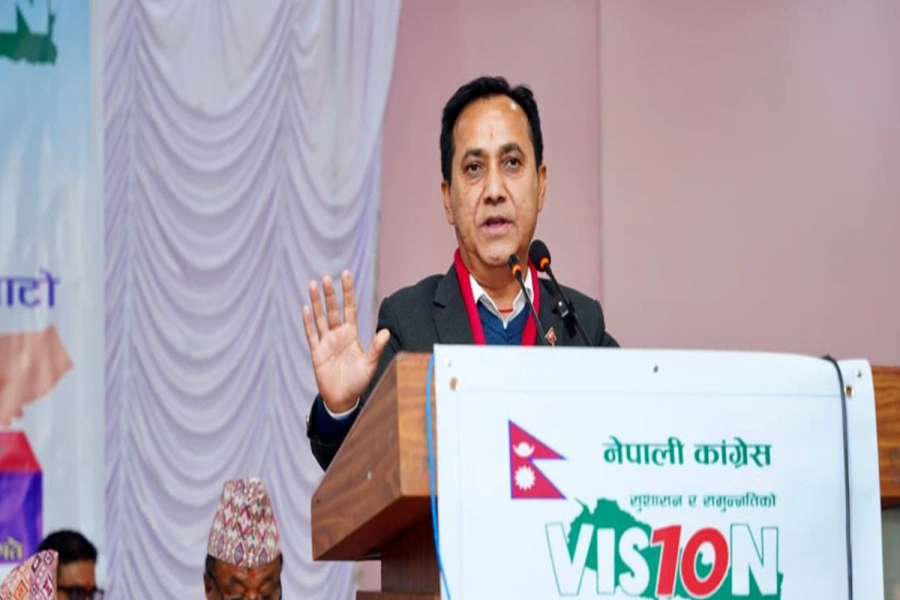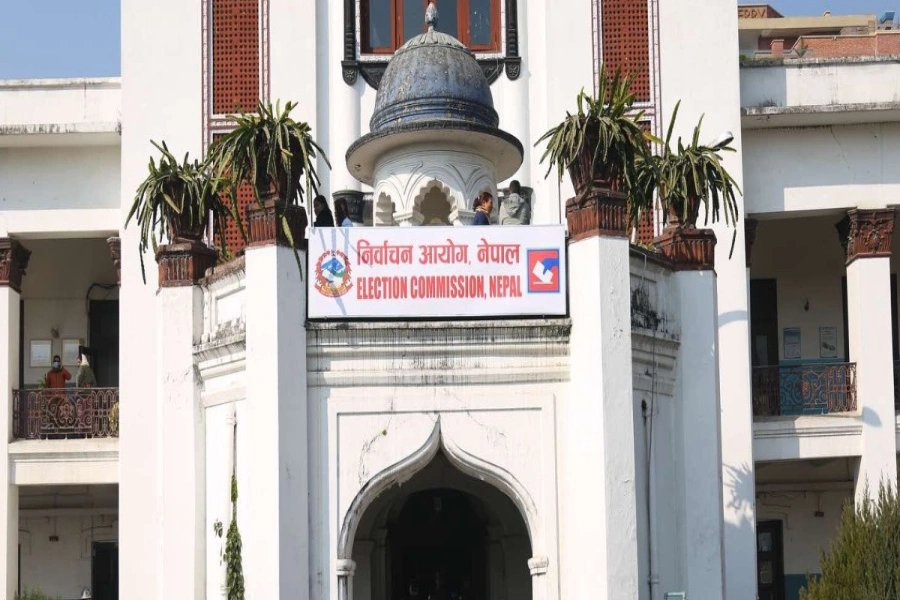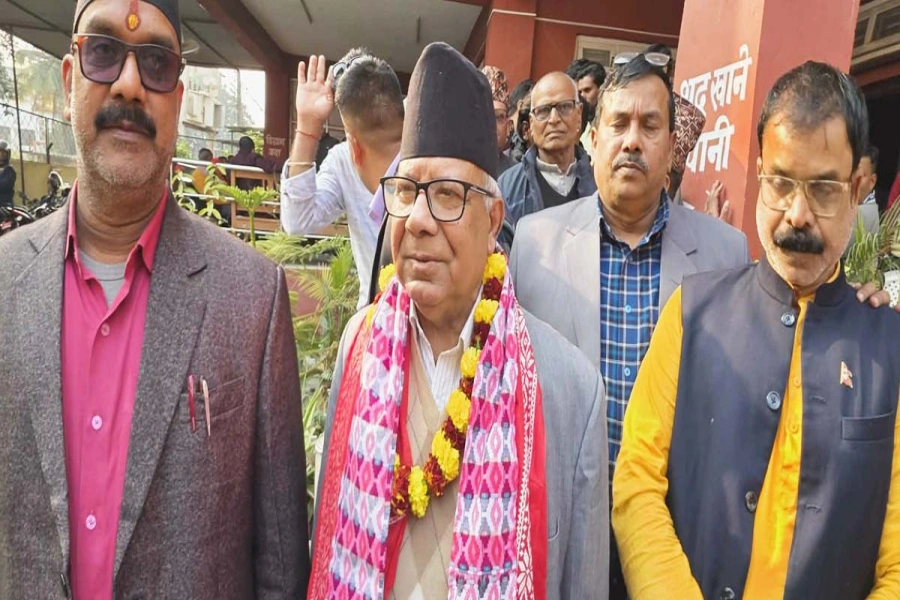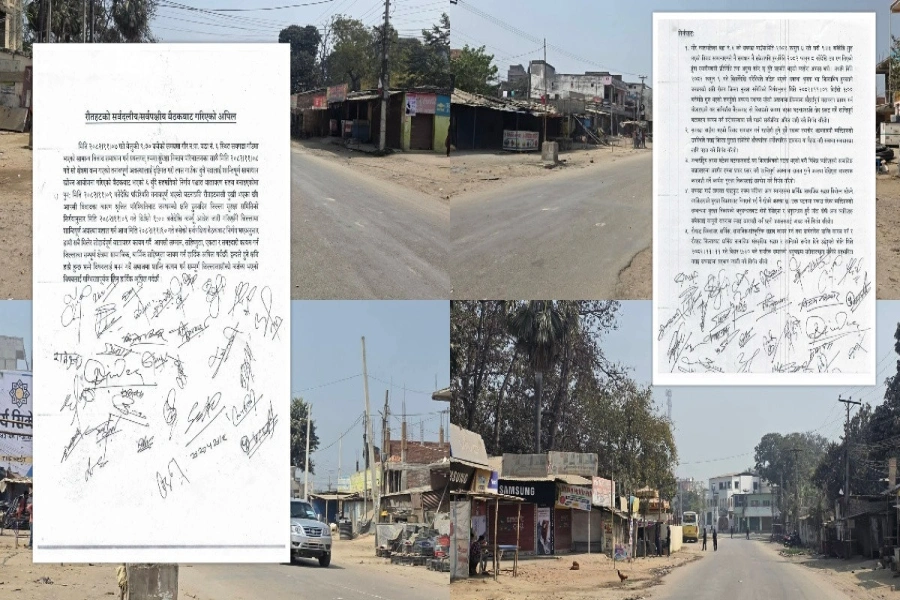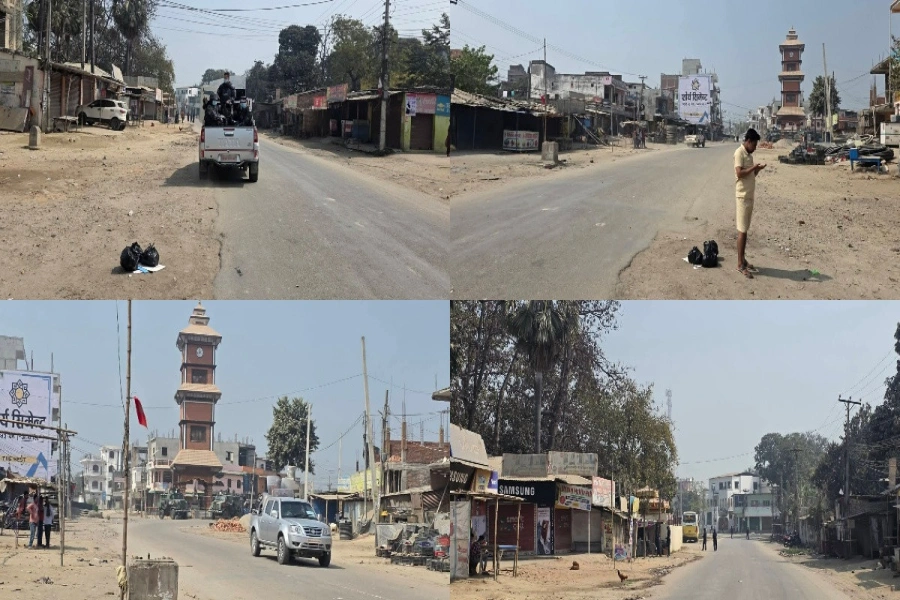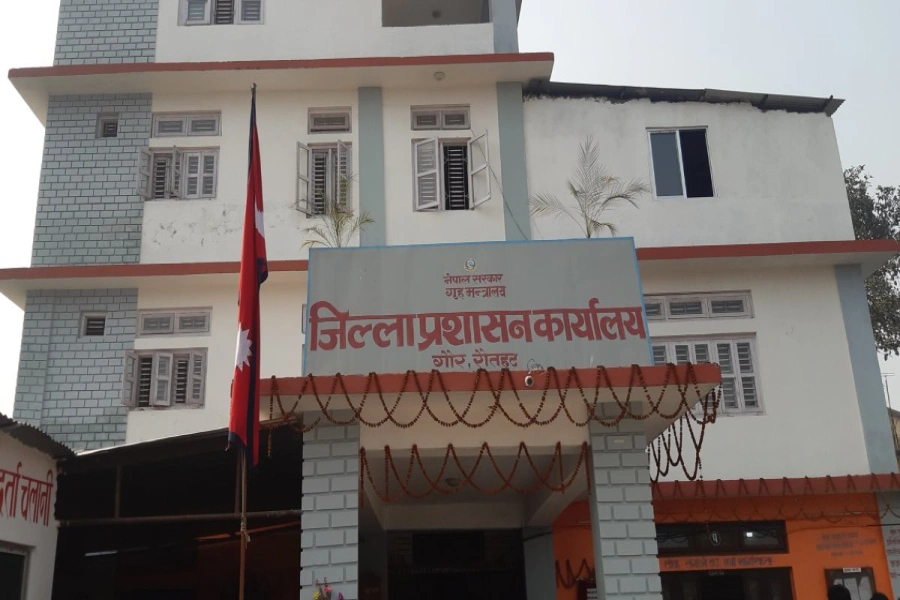To answer the question why, Aayushi K.C., founder and CEO of Khaalisisi, starts with a simple, “because trash is everywhere.” As many of us in the city have noticed as well, it’s a problem that hasn’t been curbed with the same old traditional means and system. What K.C. wants to bring to the field is some innovative solutions.
As it is, she shares that she considers her company, Khalisisi, to be more of a tech company. Their motive at the moment is pretty straightforward too: Use the digital platform to help make the waste collection process more organized.
Nearly 70 percent of waste in our landfills are said to be recyclable materials. And as one can guess, this is largely due to the fact that Nepali city dwellers don’t feel any kind of responsibility for the trash they throw out. More often than not, it’s more convenient to dump everything they want to do away with on waste collecting trucks that eventually head to the landfill sites.
The art of creative reuse : Upcycling waste and upscaling the e...
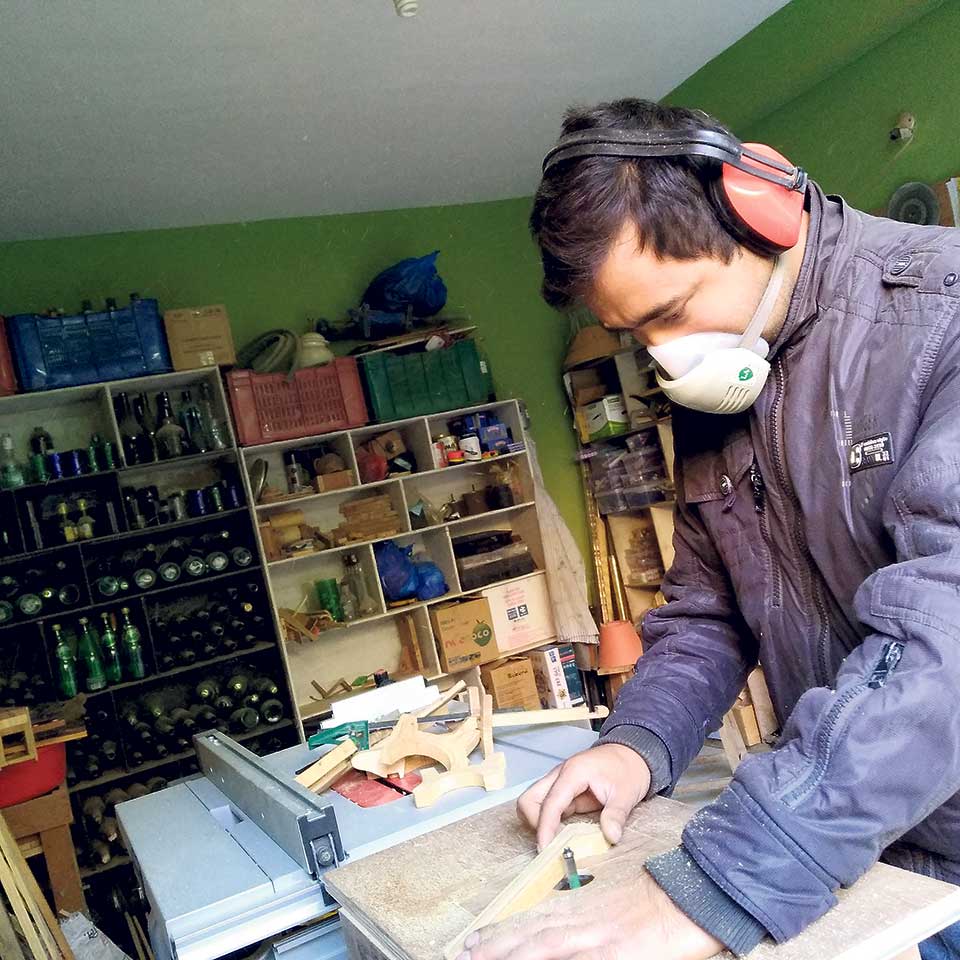
“And this is despite the fact that there are around 13,000 khaalisisi collectors in Kathmandu alone,” shares K.C. She notes how this doesn’t make any sense. “All this human resource and manpower is available to us but our city is still facing the same problems where recycling is concerned.”
K.C. recalls the time she had randomly called a couple of khaalisisi collectors from the streets to join her for an impromptu meeting on her house’s rooftop. After putting in a lot of hard work in research, back then, she apparently wanted to share her ideas and also gauge their interest in potential collaborations.
“Most of them are very smart,” she says, “but initially, the concept of using a digital platform for their work was foreign and even a scary prospect for them. Eventually, after listening to them, I realized what could be the convincing points to get them on our side.”
Here K.C. refers to profit and more accessibility on their part. Khaalisisi gatherers have been around for nearly 50 years now and, all through the years, they have been going about their business as they always used to: On their bicycles roaming the streets. But through Khaalisisi, they now have access to embassies, restaurants, corporate houses, and schools. K.C. believes this kind of accessibility and eventual profit is what convinced 100-150 khaalisisi friends, as she calls them, to collaborate with her in this project so far.
“This is a tight knit community and they are hard workers. It’s nice to see them even making referrals about our project to others within their community,” states K.C.
Their confidence in her, in part, has ensured better implementation of her idea in managing recyclable waste. Now you have people contacting them via Khaalisisi.com, their website, or their Viber number to collect the trash that they want to do away with at their convenience.
From cloth materials, cartons, beer bottles, to even electronic appliances, people can choose to either sell or donate their trash. After collecting the trash, the collector takes the waste to the nearest scarp yard affiliated with the company and has them categorized, to be eventually sold off to recyclers.
This is still early days for her company. After all, Khaalisisi officially went live in June of 2017 but K.C. feels that she hasn’t only set up a company but she and her team could very well set precedence for the waste industry and how it is run.
“We don’t have any grand vision statements for the company just yet,” she adds, “The priority at the moment is simply to focus on our work and keep doing it efficiently.”
For the moment, her hope is to use tech and innovation to organically help change Nepalis’ behavior towards recycling. Her efforts have even been acknowledged by Forbes. She recently made it to the 30 under 30 Forbes list-Asia.






